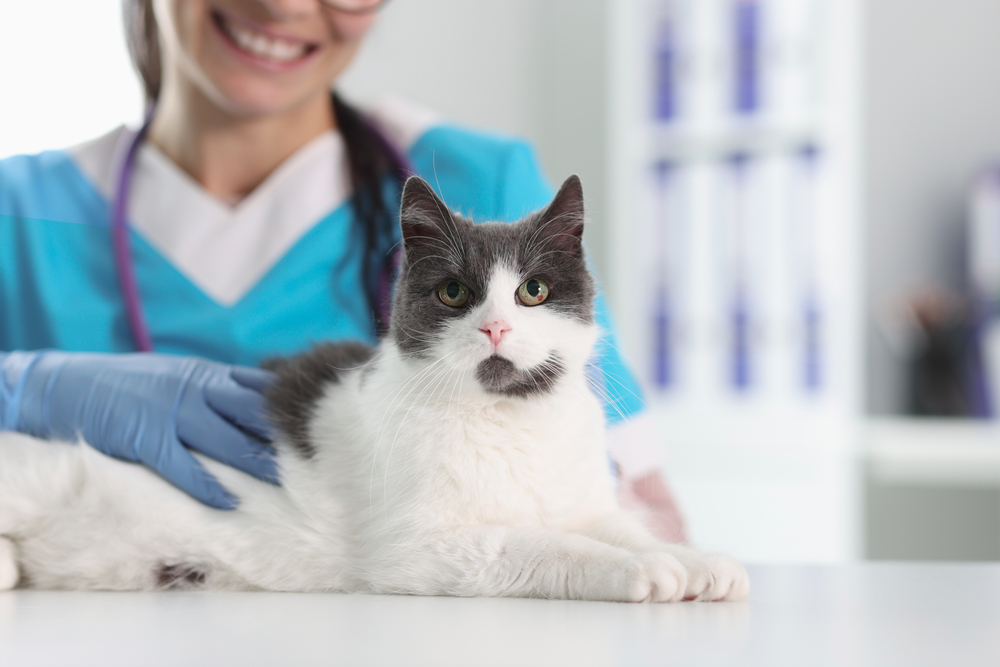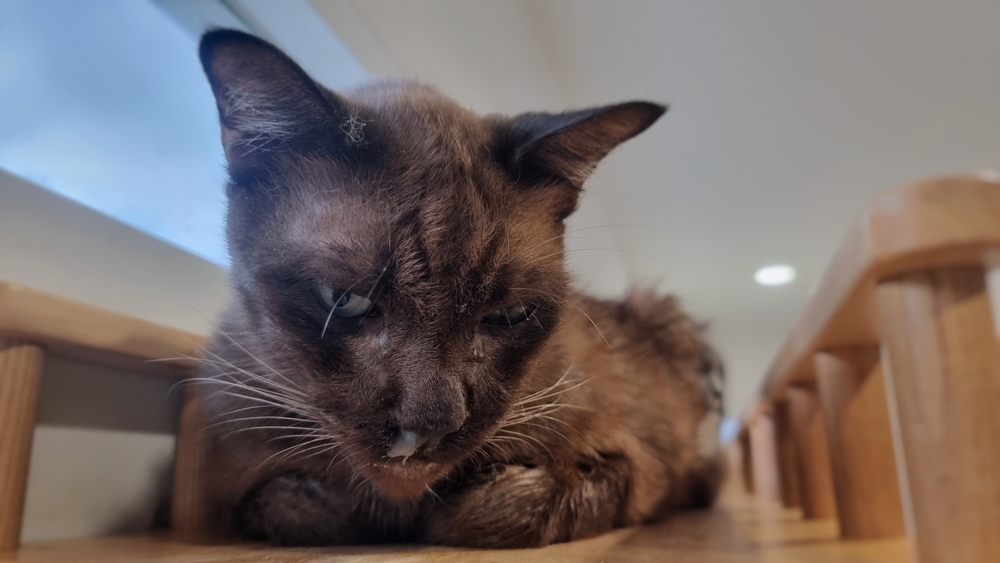If you are a cat lover, your whiskered friend’s health and happiness are vital to you. Vaccines can help protect your cat from infectious diseases, which is paramount to your pet’s well-being and longevity. Many feline viral diseases can cause significant illness in unvaccinated cats. These diseases can range from mild infections to life-threatening conditions, posing a threat to your feline companion’s health and well-being. The Pony Express Veterinary Hospital team covers common feline viral diseases, infection signs, and prevention.
Common viral diseases in cats
Many illnesses can affect unvaccinated cats and kittens, including parasitic-borne diseases, upper respiratory infections, and viral infections. Common cat viral diseases include:
- Feline panleukopenia (FPV)— Also called feline distemper, FPV is a highly contagious virus that affects rapidly dividing cells. Treating FPV often involves supportive care, such as intravenous (IV) fluid therapy, nutritional support, and medications to manage secondary conditions. FPV signs include:
- Fever
- Lethargy
- Vomiting
- Diarrhea
- Dehydration
- Decreased white blood cell count
- Feline immunodeficiency virus (FIV) — FIV attacks and weakens the immune system, leaving cats vulnerable to secondary infections. Cats’ FIV treatment includes infection management, supportive care, and regular health monitoring. While cats may not show FIV infection signs initially, the following signs may occur as the disease progresses:
- Weight loss
- Fever
- Lethargy
- Recurrent infections
- Poor coat condition
- Mouth and gum inflammation
- Feline leukemia virus (FeLV) — FeLV affects a cat’s immune system, leading to various health complications, including anemia, lymphoma, and secondary infections. Supportive care, secondary infection management, and regular veterinary exams are often necessary to treat FeLIV-infected cats. FeLV signs include:
- Anemia
- Weight loss
- Lethargy
- Pale gums
- Enlarged lymph nodes
- Recurrent infections
- Feline herpesvirus type 1 (FHV-1) — FHV-1, also known as feline viral rhinotracheitis, is a highly contagious virus that causes respiratory and ocular problems. Symptomatic treatment to manage respiratory and ocular harm might include antiviral medications and supportive care. FHV-1-positive cats may show the following signs:
- Sneezing
- Nasal discharge
- Coughing
- Conjunctivitis
- Corneal ulcers
Preventing cat viral diseases

You are likely concerned about your pet’s exposure to viral diseases, and that’s understandable. However, you can keep your feline friend healthy by following these proactive measures:
- Maintain your cat’s vaccination schedule — Vaccines are your cat’s best defense against viral and other infectious diseases. Our veterinarian recommends the appropriate vaccine schedule for your furry pal. Depending on a vaccine’s type, adult cats usually need boosters yearly or every three years. Kittens should begin their vaccine schedule at around 8 weeks of age.
- Schedule regular wellness exams — Routine veterinary exams ensure your cat is healthy and up-to-date on vaccinations and parasite prevention. Disease screening and other essential tests identify health concerns and catch diseases early, contributing to a better prognosis should your pet be positive for infectious disease. Additionally, you can ask questions about disease prevention for your cat during these important veterinary visits.
- Keep clean — To prevent disease spread, regularly launder your pet’s bedding, bed, toys, and other items they use frequently. Wash your hands after handling other cats to avoid transferring illnesses from one cat to another.
- Ensure all cats are vaccinated — Even indoor cats can be exposed to contagious diseases, so ensure all your household pets are vaccinated. When adopting a pet, they must be fully vaccinated before being allowed to intermingle with any other pets.
Viral diseases pose significant challenges to your whiskered pal’s health and well-being. However, you can reduce your cat’s disease risk with proper prevention measures, including vaccination, regular veterinary care, and minimizing exposure to infected pets. Additionally, early detection and prompt treatment are crucial in managing disease signs and improving the prognosis for your whiskered pal. Stay informed and proactive about cat vaccines to help protect your pet from viral infections’ threats.
Is your cat fully vaccinated? Contact The Pony Express Veterinary Hospital for a wellness appointment that includes your pet’s required vaccinations.

